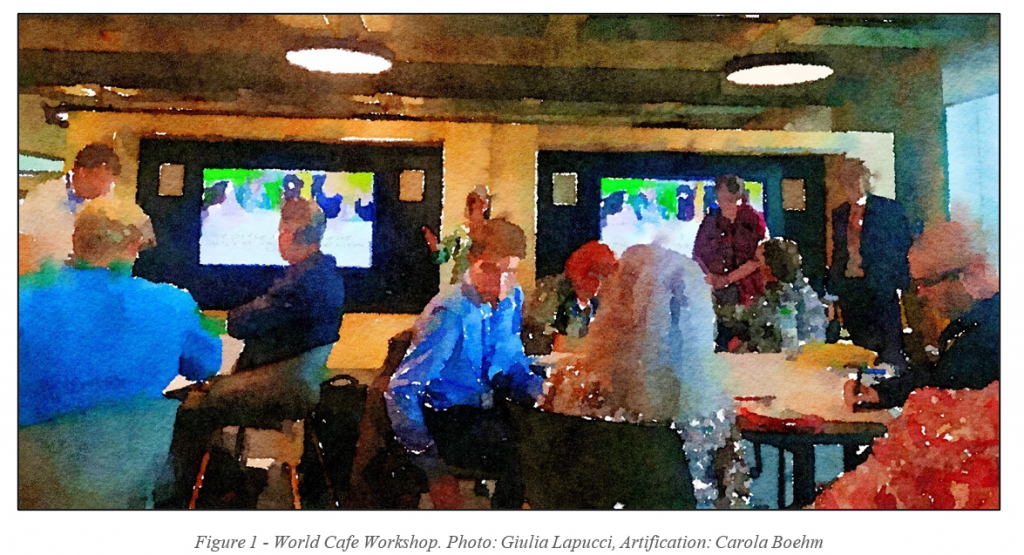Part of the ESRC/AHRC LPIP Initiative West-Midlands, 2023.
Project Context, Premise and Goals
Quality of life for many people living in Stoke-on-Trent and North Staffordshire is lower than other areas of the United Kingdom. There are also wide inequalities across the region. ‘Business as usual’ will not enable us to meet the economic, social, health and environmental challenges that drive lower levels of quality of life in both urban and rural places.
These challenges require policy solutions that harness new ways of thinking and bring together novel collaborations between different actors and sectors. But also, such solutions must be grounded in the capabilities, resources, needs and histories of particular localities and communities. In other words, place matters to the success of innovative and effective policymaking aimed at reducing inequalities and improving quality of life.
Our collective lines of enquiry explore the dynamics of place and policy across Stoke-on-Trent and North Staffordshire, and we do this from different policy-relevant dimensions including culture, health, governance and social cohesion.
We invited locality stakeholders from across the region to come together to identify ‘what works’ in delivering effective policy collaboration and innovation, with a focus on reducing inequalities and improving quality of life. We ask three strategic policy questions:
- What are the place-based ‘gaps’ in evidence and what are the multiple forms of expertise we need to bring together to design innovative policy solutions?
- In bringing together these multiple forms of expertise and disciplines, what policy infrastructure and processes do we need to deliver innovative collaborations and place-based solutions?
- How do we mobilise place-based advantages and legacies – our industrial legacy sites, high-quality rural landscapes, local community assets, and craft, cultural and creative sectors – to design alternative models of equitable and sustainable living for Stoke-on-Trent and North Staffordshire?
These questions are contextualized within 5 thematic areas, which are informing a broader West Midlands study:
- industrial heritage – regionally and locally.
- image of the region and felt experiences.
- innovation for the future – including implications for sectors and skills.
- the role of culture in place-based development.
- cross-cutting theme of ethnicity and diversity.
The North Staffordshire Team of PIs include Steven Griggs, Carola Boehm and Martin Jones from Staffordshire University and Simon Pemberton and Ross Wilkie from Keele University.

Early Insights
On 26th June 2023, as part of the ESRC/AHRC-funded LPIP Phase One project, we held a workshop to explore key questions for the Local Partnership Innovation project. The workshop was attended by ca 50 leaders and policymakers from our region. The full report will be available soon.
A key message which emerged from this work was the diversity of environments, economies people and places which exist and how to harness such diversity and complexity to empower an inclusive transition to a sustainable future. Reducing inequalities within and between places was referred to frequently, as well as the industrial legacy of the region and how to re-purpose and re-imagine heritage, brownfield sites etc.
It reinforced our belief in the need for strengthening and responding to the following needs:
- The need for cross-sector learning and sharing
- The need to embed co-creative processes in the gathering and interpreting of data
- The need for bringing in lived experience and local voice
- The need for supporting partnerships formation and maintenance
- The value of culture for placemaking and place-shaping
- The value of volunteering for skills, learning, employment and wellbeing

